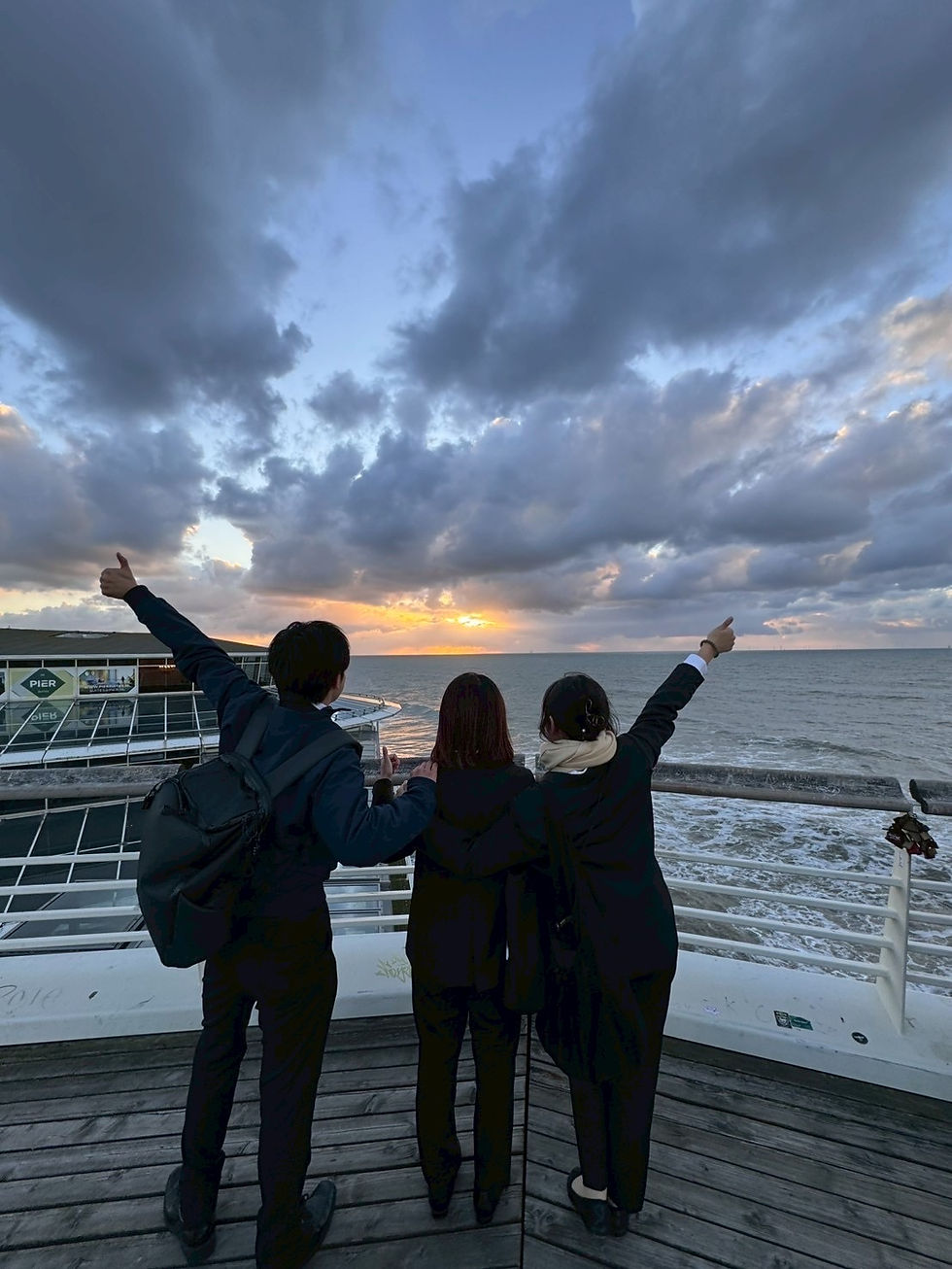Reflecting on My First Challenge: Navigating and Participating in the International Humanitarian Law Moot Court Competition
- Administrator
- 2024年2月21日
- 読了時間: 2分
Hitomi HANATSUKA (B2)
On December 10th, 2023, the semifinals of the International Humanitarian Law Moot Court Competition, hosted by the International Committee of the Red Cross (ICRC), took place at Waseda University. This essay will provide an overview of the moot court competition hosted by the ICRC and explain the preparation process over approximately six months leading up to the event. In this competition, teams use the rules of IHL applied on the ground in armed conflicts to argue cases set within conflict scenarios, dividing into prosecution and defense sides, competing in logical thinking and creativity. I had the opportunity to participate in this prestigious event during my second year at university despite having little knowledge and experience with moot court.
Since July 2023 I have attended study sessions on IHL alongside senior members of the Fujii's Seminar. Though I had only basic knowledge, I sought guidance from Professor Fujii and senior members to deepen my understanding. Starting in October, I began working on our memorial. Proving Article 28 of the Rome Statute was challenging. The Bemba case illustrated the difficulty in holding superior officers criminally responsible when they were geographically distant from their subordinates’ criminal acts. The September discussion with Judge Akane in the Netherlands highlighted the difficulty of proving Article 28. This experience enhanced my insight.

After completing the memorial, we conducted weekly practice sessions for our oral arguments. Speaking fluently and passionately in English without relying on a script was a new experience, and I practiced diligently at home. The online qualifiers on December 2nd were nerve-wracking, especially responding to questions from the judges. However, we managed to secure second place overall. In the week leading up to the semifinals on December 10th, we intensified our training to improve our responses to the judges’ questions. Despite feeling nervous until the last moment, I confidently presented our arguments.
Although the results were somewhat disappointing, these six months of studying to win the competition have been an invaluable experience for me, and I would like to express my deep gratitude for the opportunity to participate in this truly remarkable and rewarding competition, which is something I would not usually have the chance to experience. I am deeply grateful for the opportunity to participate in such a meaningful event and extend my gratitude to Professor Fujii and all members of the Fujii's Seminar. I will continue learning and strive for victory in the next competition!





コメント